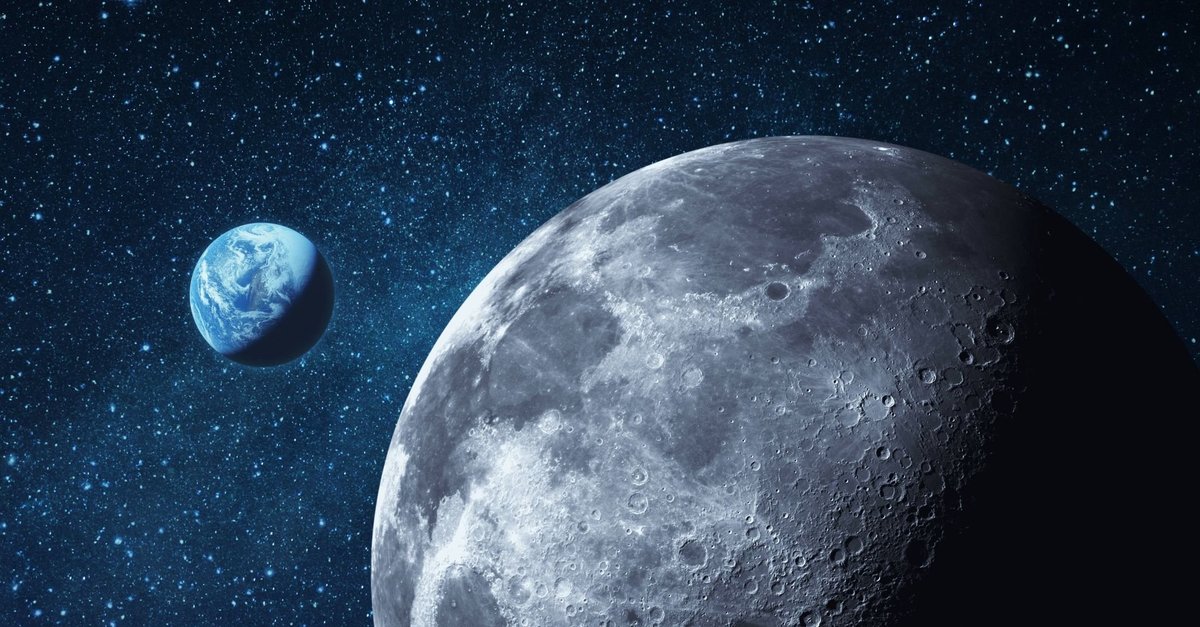the James Webb Space Telescope He revived an old hypothesis with a log. after that galaxies Discovered in the very early universe, which is in fact highly evolved, researchers are looking for answers. One of them is Rajendra Guptaa physicist at University of Ottawa in Canada. He suspects what the universe might be 26.7 billion years Be old, rather than previously supposed 13.8 billion years.
The ages of galaxies are determined by looking at the so-called redshift Sizes. As the light travels toward us from the galaxy, its wavelengths are getting longer and longer, and thus getting redder the further away. This redshift can then be determined by how long the light has been traveling. Now, however, galaxies that are in a highly developed state have been discovered, but only so far 300 million years It existed after the Big Bang. Gupta theory is supposed to explain how this could happen.
Mild fatigue and dilatation
The basis of his thinking is theory Fritz Zwicky of the year 1929. Swiss, that dark matter gave it its name, developed the concept of “mild fatigueZwicky guessed that the redshift was a energy loss from the light itself. At that time, the expansion of the universe had not yet been detected, but it was assumed that the universe was static. Therefore, other theories of the redshift have been sought.
➤ Read more: What do we know about dark matter?
New ideas introduced by the James Webb telescope gave Gupta the idea of combining the strain of light with the expansion of the universe. the constant coupling Role. you describe interaction of particles.
According to Gupta, this constant could have changed over time so that the behavior of light would change as well. instead of the cosmological constant through dark energy He writes that the conjunction constant could be responsible for the expansion of the universe. This could change the galaxies’ age calculations billions of years lie next to him. Then its age will be 26.7 billion years instead of 13.8.
Glass-z13 is the oldest galaxy discovered to date
© Naidu et al, P. Oesch, T. Treu, GLASS-JWST, NASA/CSA/ESA/STScI
Explanation of small galaxies
His hypothesis could also explain why distant galaxies appear so small even though they appear to be highly developed. If light loses energy in its path, things will lose it weaker And unclear look. The Gupta manuscript was published in Journal of the Monthly Notices of the Royal Astronomical Society published.
The James Webb Telescope will continue to observe the first galaxies in the universe and provide new insights. It remains to be seen whether the Gupta theory holds up. This can include the recently launched ESA Euclid telescope helps. Among other things, it aims to track dark energy and closely examine the expansion of the universe.

“Total coffee aficionado. Travel buff. Music ninja. Bacon nerd. Beeraholic.”








More Stories
The distance from Earth to the Moon is not that easy
European Space Agency image showing “traces of spiders on Mars”
“Traces of spiders on Mars”